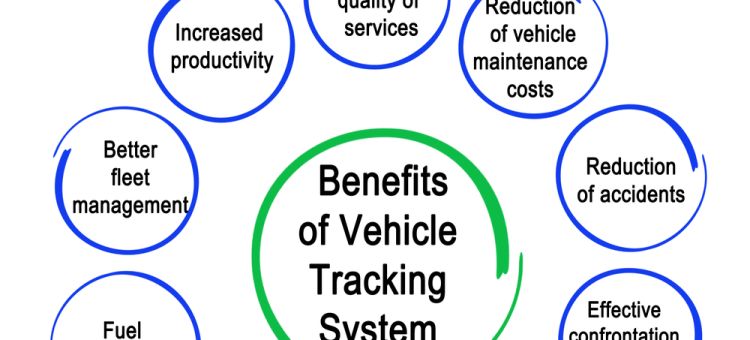The vision in your mind is clear: GPS tracking technology will cut costs and boost productivity for your fleet. Customer service quality will improve rapidly, earning the company an unbeatable reputation. The competition will sag behind. The money saved will be invested back on your super-team of drivers, administrators, and service techs. Everyone will come to work energized to reach higher goals, and do even better.
This is a reality for GPS tracking-equipped fleets today. But until upper management gives the go-ahead, your unique vision won’t make it past those Monday morning daydreams.
So what’s holding upper management back from jumping on board?
They might have some concerns about GPS tracking technology, some questions left unanswered at the last budget meeting. It’s up to you to present a strong case for GPS tracking technology, by delivering concise, informed answers to those questions.
Get upper management on board by demystifying these 4 common concerns and misconceptions about GPS tracking technology:
“It’s too expensive.”
Ultimately, everyone’s concerned about the bottom line. When fleet managers introduce “technology” and “integrated systems” as cost-cutting measures, upper management sees big dollar signs.
Fortunately, the growing market for GPS tracking technology in fleet industries has made these solutions extremely affordable.
How affordable? Discover it for yourself. Bring the exact numbers to the table with an instant quote from GPS Commander. Armed with an instant quote tailored to your fleet’s GPS tracking needs, you can help upper management visualize the minimal impact to their monthly costs.
“We can’t commit to a long term contract.”
Who says they should? Fleet industries are competitive and constantly changing; companies need flexibility to adapt and grow in order to succeed. In understanding this reality, GPS Commander offers tracking plans that can be canceled at any time after the first month. This provides fleet companies with an extremely low risk strategy to cut costs and improve operations productivity.
“It will hurt our company culture.”
Upper management might hesitate in fear of employees disliking GPS tracking technology for “spying” on them. It’s time to cut the Big-Brother misconception: GPS truck tracking, service vehicle tracking, and personal tracking monitors employee behavior to the benefit of the company and the individual. When fleet managers are forthright and honest with employees from the get-go, GPS tracking can boost employee morale and encourage better driving behavior. Use our guide to show your superiors how you plan to implement a GPS tracking strategy with comprehensible benefits for everyone. With transparency and trust, GPS tracking technology is a win-win.
“We need a faster ROI.”
If you need more arsenal than low start up costs and affordable monthly rates to help upper management visualize how quickly their initial investment will be made back by GPS tracking technology, prepare a ROI analysis plan to make it even clearer. Here’s how:
1. Choose a tracking solution and research its functions based on your fleet’s productivity issues.
2. Document monthly fuel, labor, and related costs that the GPS system could help improve.
3. Gather evidence of the system’s effectiveness to back up your claims for savings, such as testimonials and case studies.
4. Calculate estimates in savings based on your findings.
5. Deliver these findings to upper management in a concise document or presentation.
A powerful ROI analysis plan goes the extra mile in convincing upper management to get on board with GPS tracking technology. It’s worth it; even if the budget for GPS tracking is within your control, it’s important to have upper management as advocates for the system. As Fleet Financials contributor Lauren Fletcher says, upper management can also be the most effective communicators of a GPS tracking program’s success.
Bring your vision of shared success to life. Start now with an instant quote from GPS Commander!
Reference
Fletcher, Lauren. “Senior Management Support of Telematics Crucial.” September 2010. FleetFinancials.com


0 Comments